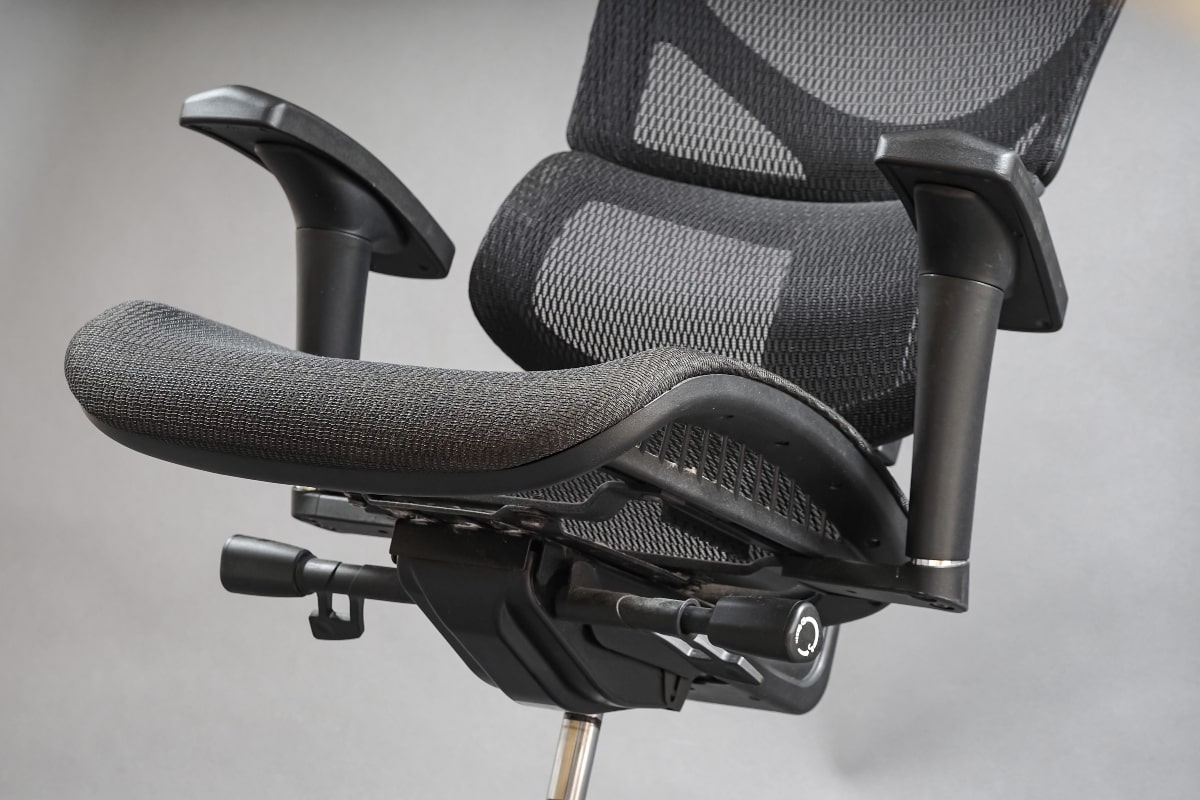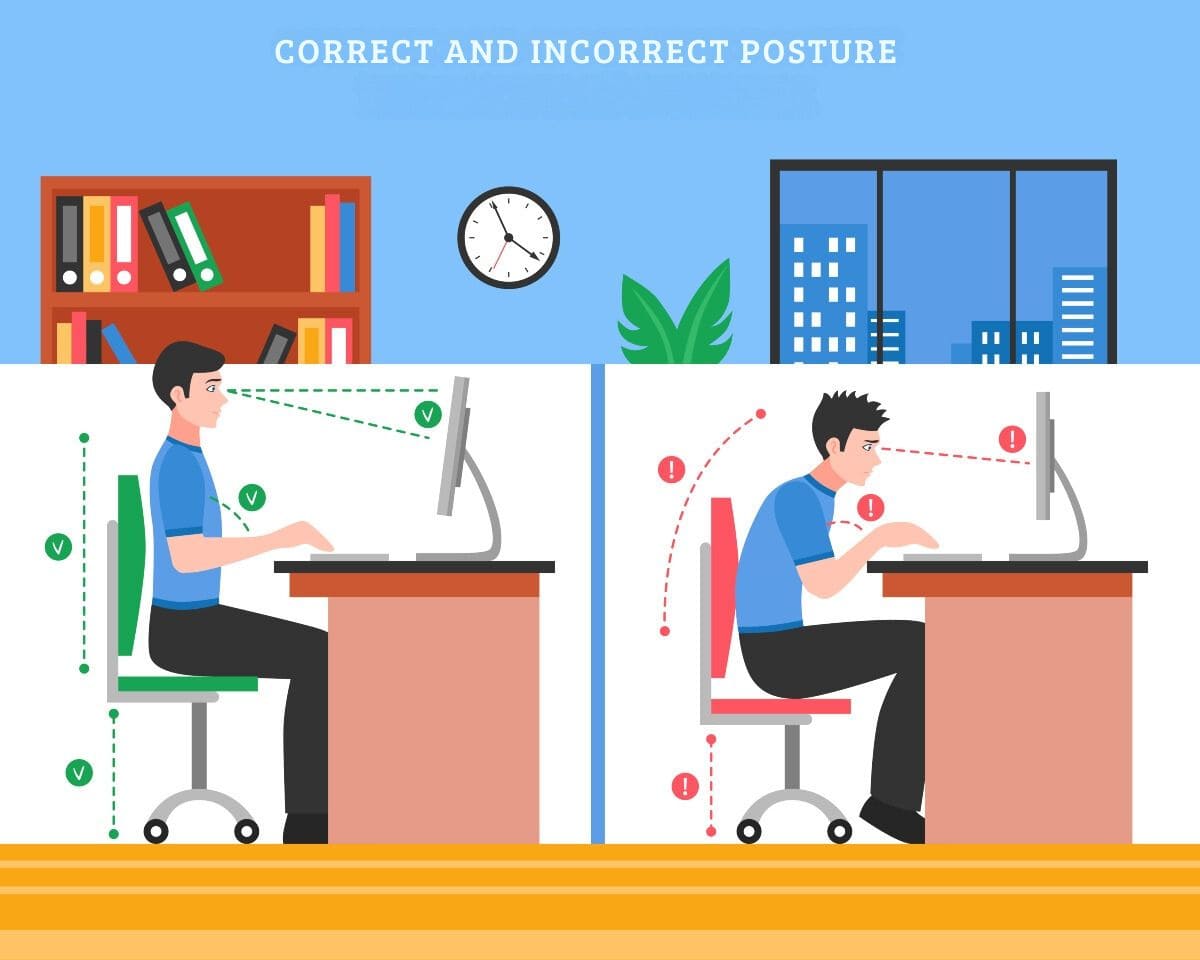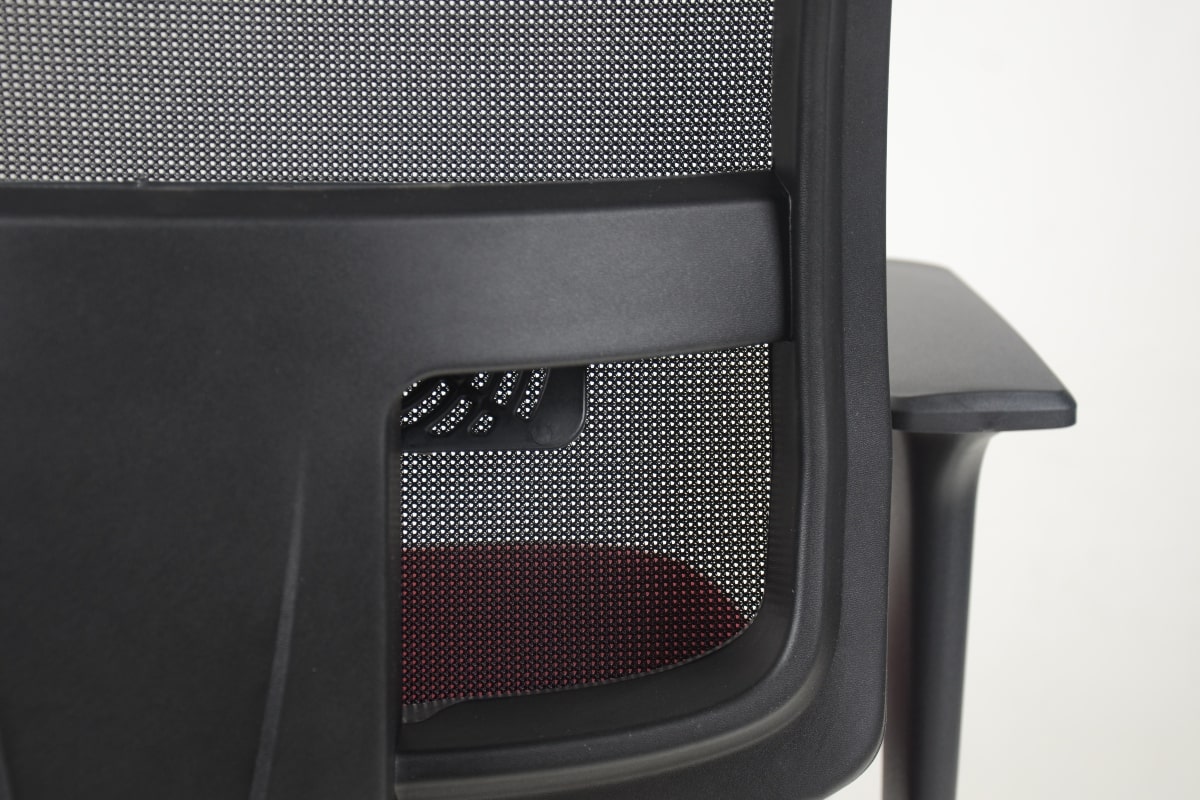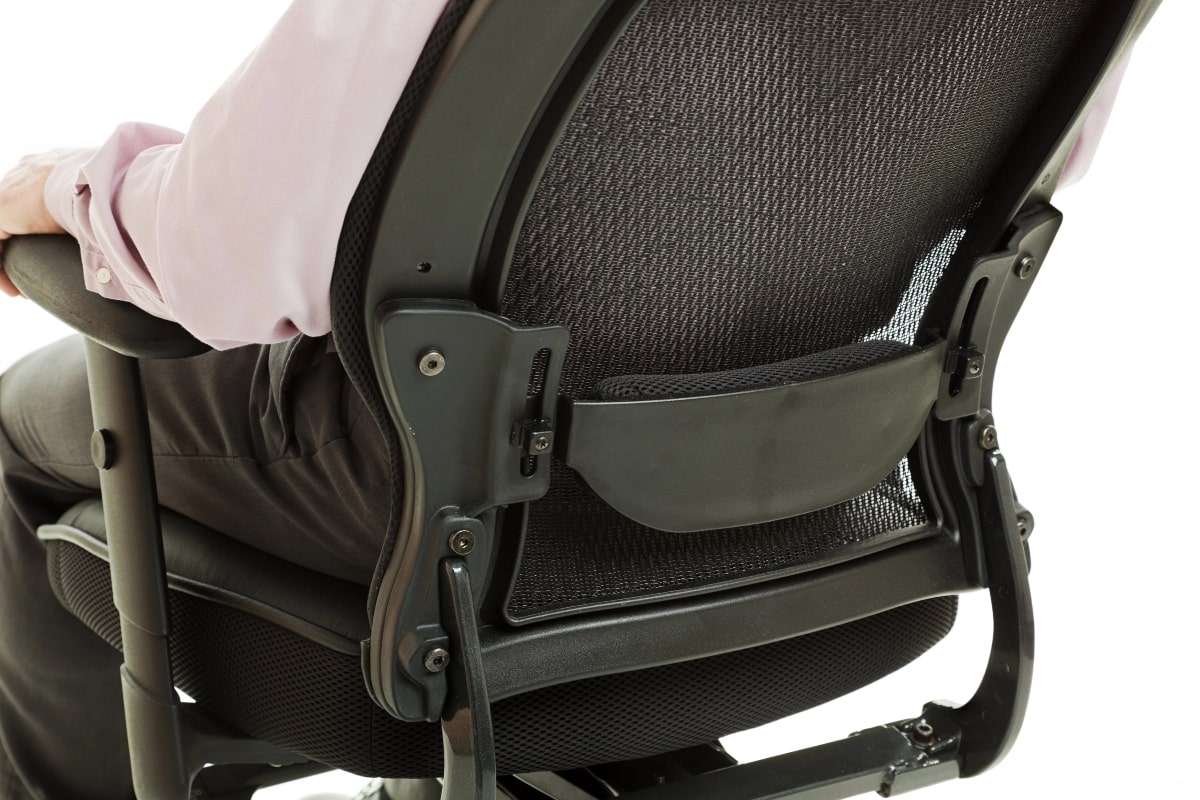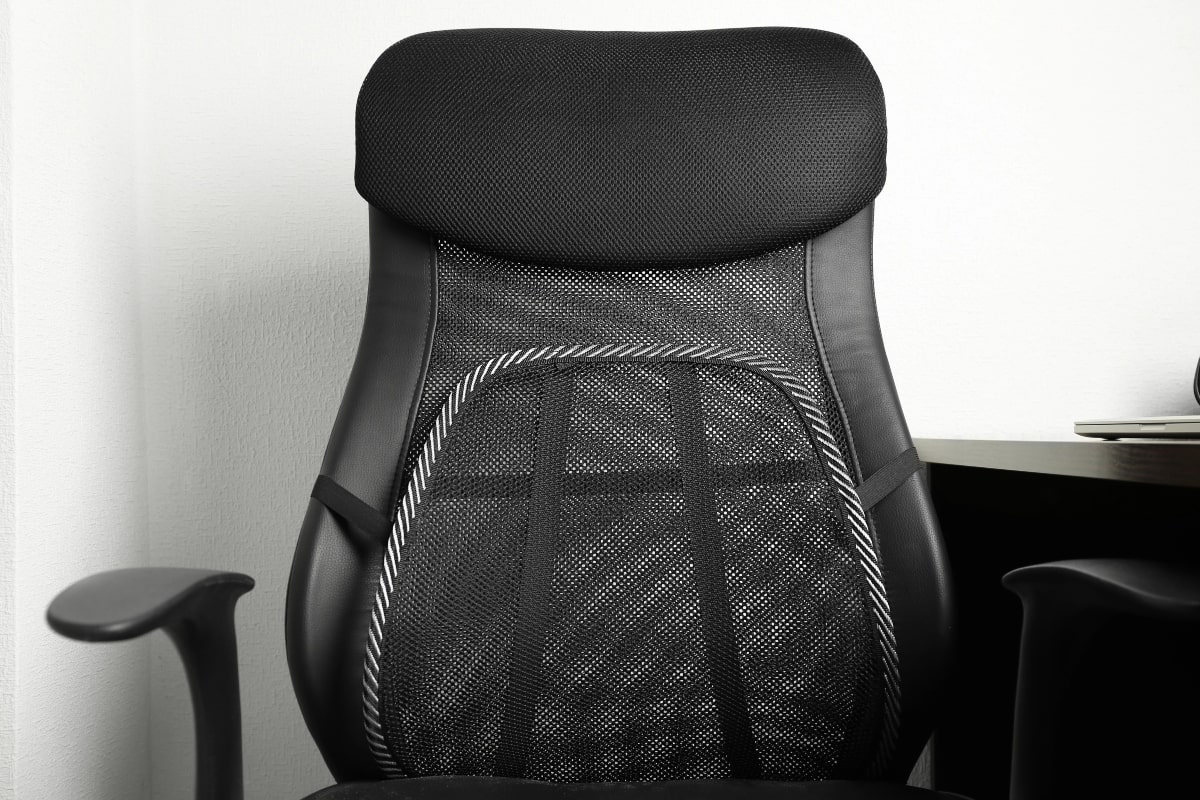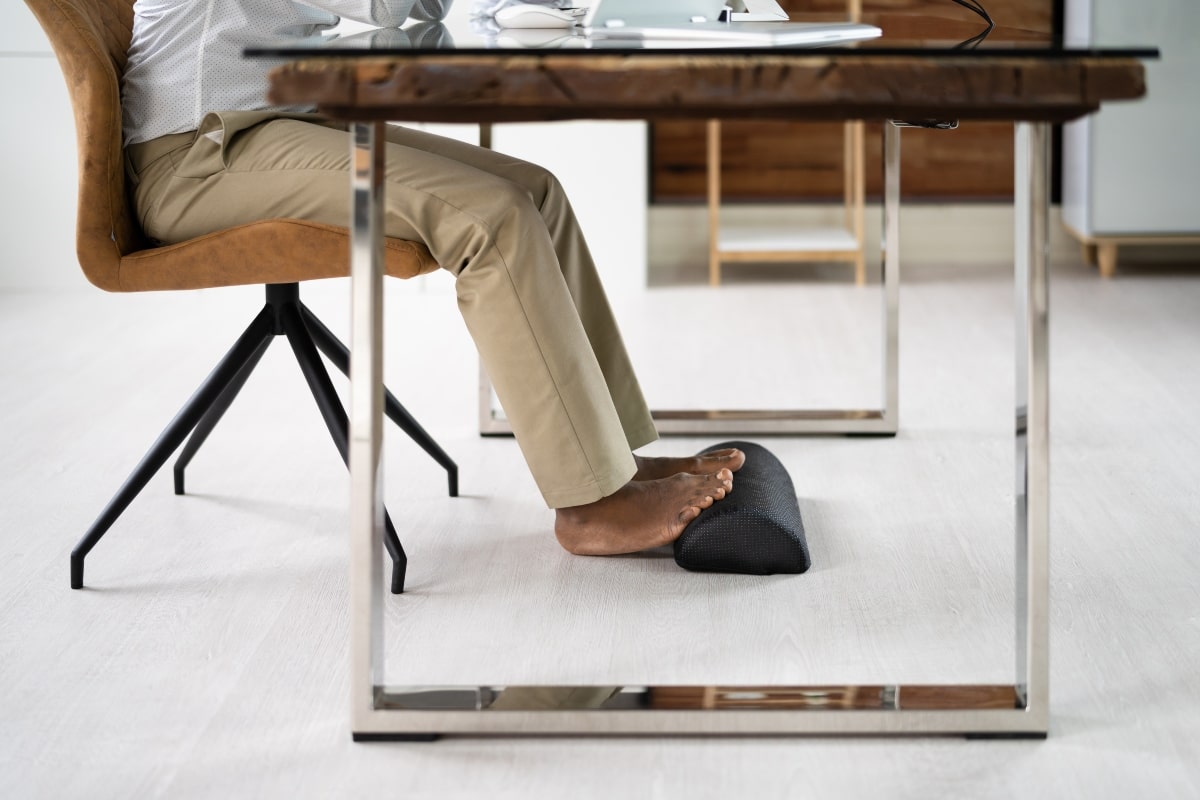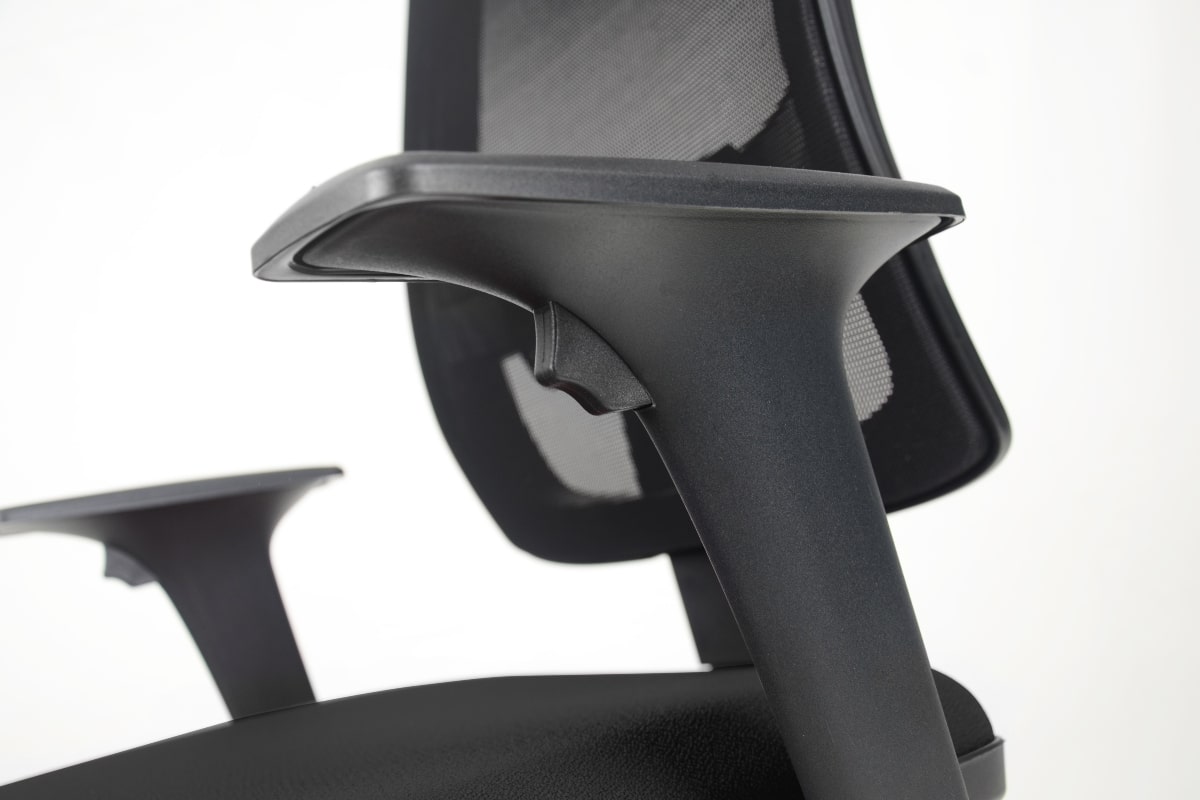Are you tired of dealing with discomfort during long hours at your desk? Office chair support is essential for maintaining your health and productivity, especially for those who spend most of their day sitting. In this blog post, we will explore 10 office chair support hacks to help you choose the right features for your chair, ensuring that you can work comfortably and efficiently.
From adjustable backrests to footrests and lumbar support, these tips will guide you in creating an ergonomic setup that promotes better posture and reduces the strain on your body. Whether setting up a home office or looking to improve your current workspace, these hacks will transform your sitting experience.
Understanding office chair support
An ergonomic office chair is essential for anyone who spends significant time at a desk. Office chair support entails various features designed to maintain proper posture and comfort during prolonged sitting. These features include adjustable backrests, lumbar support, and appropriate seat height. Good ergonomics help to keep the spine’s natural curve and prevent back pain or discomfort.
The key benefits of ergonomic office chairs include improved posture, enhanced concentration, and increased productivity. Proper support can help mitigate common issues such as lower back pain, neck strain, and fatigue, enabling you to focus better and work more efficiently.
1. Features of ergonomic office chairs
A good ergonomic office chair should have several key features to provide optimal support and comfort.
- Wide and Deep Seat: The seat should be wide and deep enough to support various body sizes. The seat should allow movement and adjustments throughout the day.
- Seat Adjustments: You should be able to sit back in the chair with a 10cm distance between the back of your knees and the seat. This helps prevent circulation issues and ensures better comfort. If your chair doesn’t meet this requirement, consider a sliding seat or adjustable chair mechanism (seat angle, back height, back angle).
- Adjustable Seat Height: Office chair seat height should be easily adjustable to fit the user’s height and desk setup. Proper seat height ensures that your feet rest flat on the floor, promoting better posture and reducing stress on the legs and back.
- Swivel Function: The chair should easily rotate, so the user can reach different desk areas without straining. Swivel chairs promote efficiency and reduce the risk of repetitive strain injuries.
- Adjustable Backrest: The backrest should be adjustable in forward and back angles to support different sitting positions and user preferences. This adjustability allows you to find the most comfortable position for your back, reducing the risk of pain and discomfort.
- Lumbar Support: Lumbar adjustment (both height and depth) is crucial to support the lower back’s inward curve. Lumbar support helps prevent lower back pain by providing the support to maintain a healthy spine posture.
- Headrest: A headrest on a chair helps alleviate neck and shoulder pain and allows the user to sit in a reclined position. Using a headrest takes the pressure off the neck and head, allowing you to rest your head with support.
- Adjustable Armrests: If the chair has armrests, they should be adjustable so the shoulders are relaxed. Proper armrest height helps reduce shoulder and neck strain, allowing for a more comfortable sitting experience.
- Footrest: If your feet can’t sit comfortably on the floor, ensure you get an adjustable footrest with your chair purchase. This helps maintain proper posture and reduces leg strain. A footrest supports the feet, helping keep your thighs parallel to the ground.
- Quality Padding: The seat and backrest should have enough quality padding to provide comfort for extended periods. This reduces pressure points and enhances overall comfort.
- Environmentally Friendly Chairs: There are also options for chairs made from sustainable or recyclable materials with non-toxic finishes. These choices support sustainability while helping to create a more productive work environment as ergonomic chairs.
2. Optimising office chair back supports
Back support plays a vital role in maintaining proper posture. Office chairs with good back support help to distribute weight evenly and reduce pressure on the spine. Adjustable backrests and quality padding are essential features for optimal back support.
Elbow Hack: Sit comfortably with your upper arms parallel to your spine. Rest your hands on your work surface. Adjust your chair height so your elbows form a 90-degree angle. This ensures that your arms are properly supported, reducing strain on your upper back, neck and shoulders.
3. Benefits of office chairs with leg rest
An office chair with a leg rest can alleviate lower body fatigue, especially during long periods of sitting. A leg rest allows you to elevate your legs, promoting better circulation and reducing strain on the legs and lower back.
Leg Rest Hack: Extendable leg rests offer additional comfort, allowing you to recline, stretch out and fold away when not in use. This feature benefits prolonged sitting and keeping legs elevated due to medical conditions.
4. Enhancing office chair backrest supports
Backrest support differs from general back support by providing targeted support to specific areas of the back. An ergonomic backrest should be adjustable and offer sufficient padding to maintain the spine’s natural curve and prevent discomfort.
Back Support Hack: Ensure you can easily slide your fingers under your thigh at the leading edge of the office chair. If it’s too tight, use a footrest. If there’s more than a finger-width gap, raise your desk or chair. This adjustment helps prevent pressure on your thighs and ensures better overall support.
5. Choosing office chairs with a headrest
Neck support is essential in preventing strain on the upper spine. An office chair with a headrest helps support the neck and head, reducing the likelihood of slouching and maintaining a healthy posture.
Resting Eye Level Hack: To find the best headrest, consider the resting eye level. Sit comfortably and close your eyes. When you open them, your gaze should land on the centre of your computer screen. Adjust the screen height if necessary. A properly positioned headrest can significantly reduce neck strain and improve overall comfort.
6. Investing in a lumbar support office chair
Lumbar supports are vital for preventing lower back pain, slumping and reducing strain on the lumbar discs. Look for chairs with adjustable air lumbar support that can be customised in height and depth to fit the user’s lower back curve. This feature provides continuous support and helps maintain the spine’s natural alignment.
Lumbar Support Hack: Ensure your bottom is pressed against the chair back with a cushion that slightly arches your lower back. With your bottom pushed against the chair back, try to pass your clenched fist between the back of your calf and the chair. If you can’t, adjust the backrest or add a lumbar support cushion.
7. Neck support for office chairs
Proper neck support can prevent strain and discomfort in the upper spine. Look for chairs with adjustable headrests to provide adequate support for your neck and head, helping to maintain a straight and relaxed posture.
Neck Support Hack: When choosing an office chair with neck support, look for adjustable headrests that can be moved up and down to fit your height. Consider features like padding to ensure your neck and head are properly supported to improve overall comfort.
8. Adding a memory foam cushion for back support
A back support cushion can enhance the support provided by your chair. Choose cushions designed to support the lower back and maintain the spine’s natural curve. Back supports offer additional comfort and support, reducing the risk of back pain.
Memory Foam Hack: When selecting a back support cushion consider the material and design. Look for memory foam or gel padding as these provide excellent support and optimal comfort. A well-chosen cushion can significantly improve the support provided by your office chair.
9. Exploring foot support options
Foot support is essential for overall comfort and maintaining proper posture. If your chair’s height doesn’t allow your feet to rest flat on the floor, use a footrest to provide the necessary support, ensuring your thighs are parallel to the ground.
Footrests Hack: When choosing footrests, look for adjustable height and angle features. This ensures that your feet rest flat on the floor or a footrest, maintaining a 90-degree angle at the knees.
10. Armrest adjustments for maximum comfort
Adjusting the armrests of your office chair is crucial for reducing strain on your upper spine and shoulders. Set the armrests so they slightly lift your arms at the shoulders, taking some of the load off your upper body. This adjustment helps prevent slouching and reduces the risk of developing shoulder and neck pain.
Armrest Hack: Ensure the armrests are adjustable to fit your body size and desk setup. Find the perfect height and angle, so the chair arms slightly lift your arms at the shoulders, taking strain off the upper spine and shoulders.
Additional tips for ergonomic adjustments
Selecting the right office chair is essential for maintaining health and productivity, especially for those who spend long hours sitting at their desks.
- Conduct a regular ergonomic assessment of your current office chair and make necessary adjustments to ensure it meets your needs.
- Investing in a high-quality ergonomic office chair is not just about comfort; it’s about boosting your productivity and well-being.
- Transitioning to an ergonomic setup might take some time, but the benefits are well worth the effort.
Elevate your workspace with ergonomic office chair support
By understanding the importance of office chair support and incorporating these 10 hacks, you can create a more comfortable and ergonomic office layout. Moreover, features like a headrest, footrest, and adjustable armrests are crucial for maintaining good posture and reducing strain during long hours.
Explore Arteil’s range of office chairs designed for optimal support and comfort. Whether you want to purchase a new office chair or build your own custom chair, Arteil has the solution. To find your perfect chair fill out our enquiry form or call us today!



